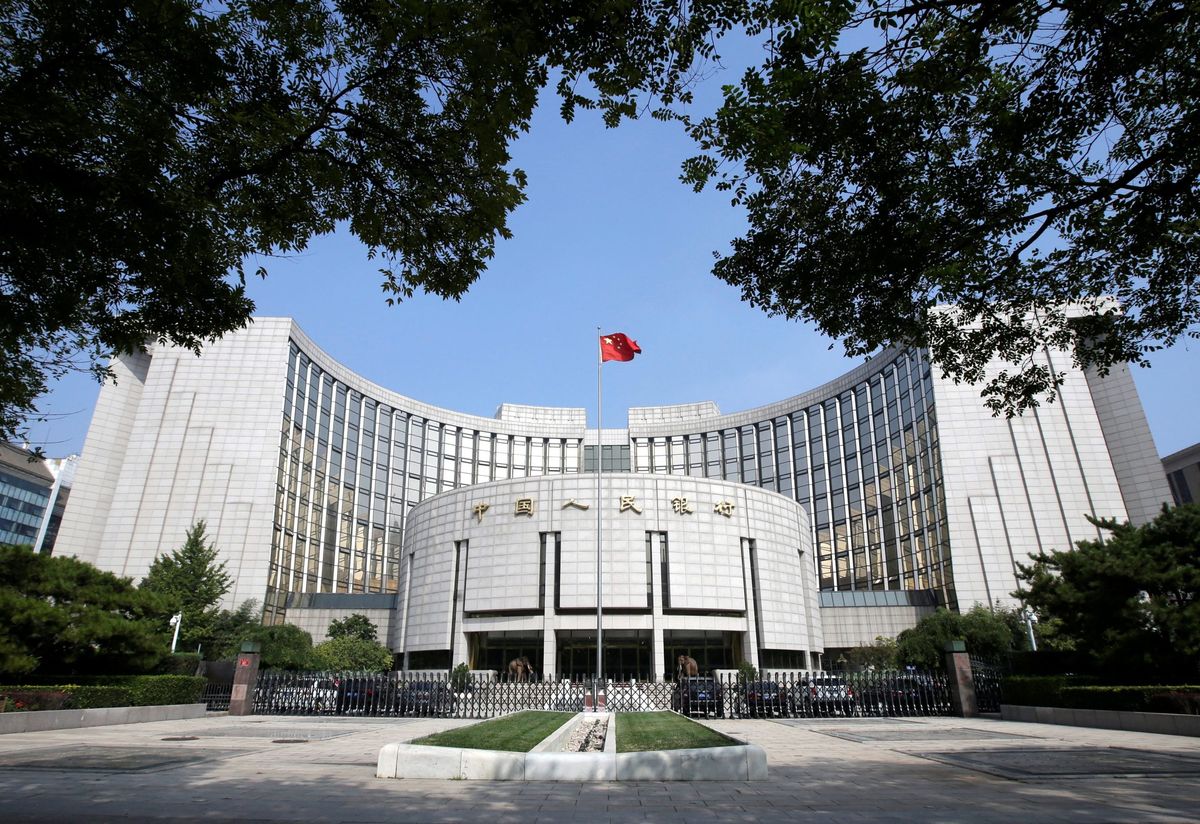Indian and Chinese stock markets could quadruple by 2050, says Abrdn CEO

A few minutes every morning is all you need.
Stay up to date on the world's Headlines and Human Stories. It's fun, it's factual, it's fluff-free.
China and India could become the world’s largest and third-largest economies, respectively, in the next decade, and their stock markets could grow a whopping fourfold by 2050, according to Abrdn CEO Stephen Bird.
Previously, Asian countries were seen as “laggards," meaning they were falling behind other fast-growing markets. Now, with the worrying impacts of climate change, they might turn into “leaders" in the global environmental transition. Even right now, the region’s global economic share stands eight times greater than it was back during the 1997 Asia Financial Crisis.
Meanwhile, Bird says that more countries should follow China’s lead and fuse their plans for economic development and the climate crisis while encouraging investment in low-carbon technologies and infrastructure.
Key comments:
“China and India are expected to become the world’s largest and third largest economies respectively in the next decade while their consumers will increasingly dictate global tastes and trends. Capitalization of their equity markets could also increase by a factor of four or more by 2050,” said Stephen Bird, CEO of Abrdn, an investment company based in Edinburgh, Scotland. He also said that “the next 30 years looks to be every bit as exciting as the last,” advising investors to remain calm during uncertainties and keep their “eye on the long game.”
“More countries should follow China’s lead and establish carbon pricing which would bring certainty and encourage investment in low-carbon technologies and infrastructure,” said Bird. “The revenue generated could be recycled into ensuring that the zero-carbon transition is a just one,” said Bird. On the other hand, he said that Asia’s major economies should also detach from the use of fossil fuels.
“This century is Asia’s century. It must also be the century in which economic objectives are reconciled with sustainability goals,” concluded Bird. “The financial industry can and must play a pivotal role in converging these two priorities, guiding investment to support both outcomes.”




Comments ()